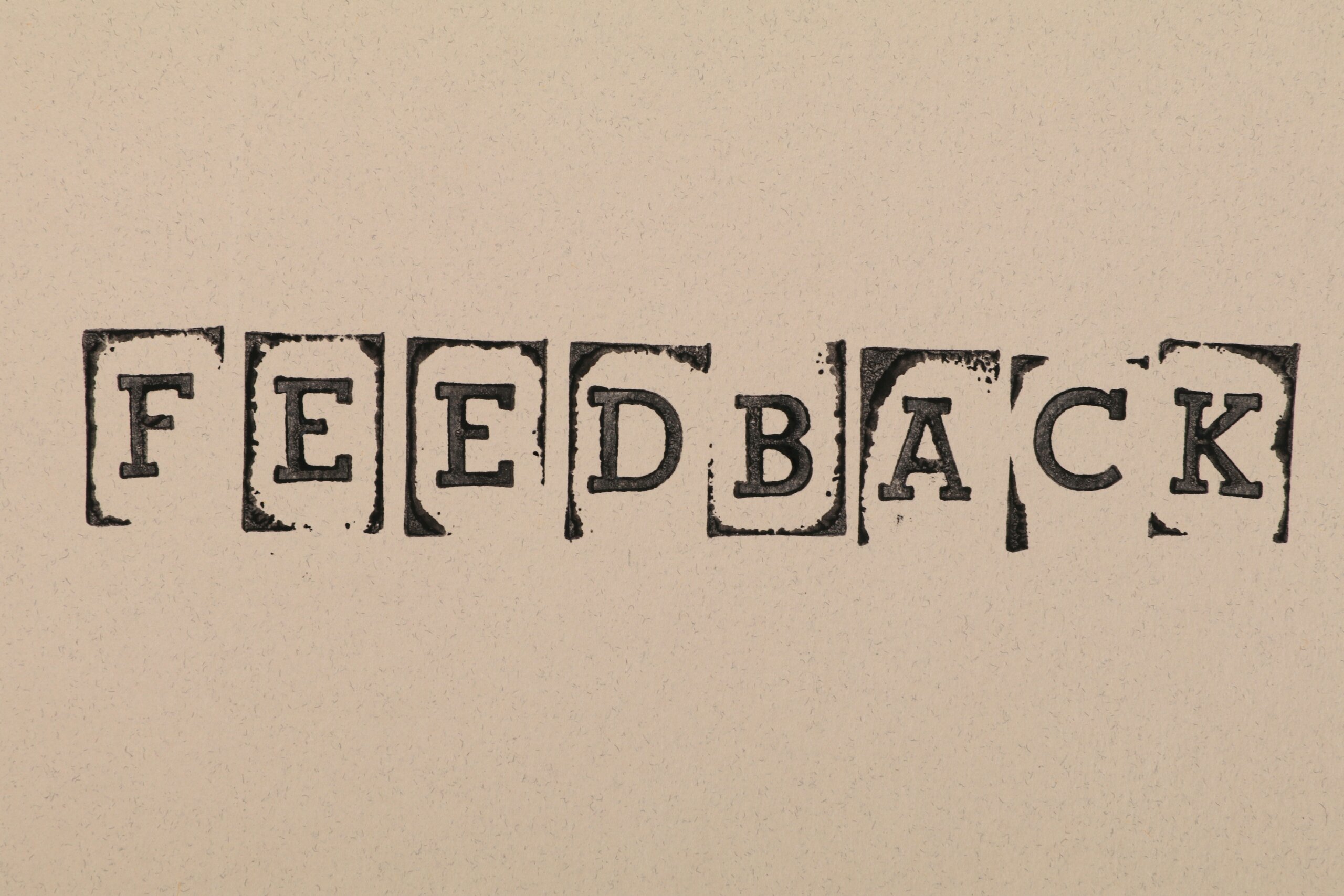
At its core, R Discovery is a smart app that identifies and recommends the right set of academic papers for researchers to read every day. While users can still search for specific research topics or research papers on the app, R Discovery helps cut down researchers’ time or effort in repeatedly searching for the same things over time. And it’s not just basic recommendations based on user preferences, the app continually learns and improves its suggestions and also includes related topics that may be of interest to researchers. For busy researchers struggling to read and keep up with relevant literature, R Discovery has emerged as a reliable solution.
How R Discovery simplifies research reading for you
A powerful AI algorithm and new age machine learning models allow R Discovery to not only support researchers, but also ensures it improves the user experience over time. It does this in three ways:
- The app uses NLP and text data mining techniques to access its repository and identify research papers that are the closest match for user interests and suggest the top results as reading recommendations
- ML algorithms take into account user feedback on recommended articles, new research publications, the quality of content, and what users have already seen to continually update and improve suggestions.
- The app also looks for and suggests personalized topics and journals related to user interests that should be read but are not being followed by user. This enables researchers to expand their research reading beyond what they would normally search for manually, thus increasing their knowledge and overall efficiency.
Working with researchers to optimize article recommendations
To improve and optimize the reading experience, R Discovery closely engages with researchers who use the app frequently to take their feedback on the relevance of article recommendations shown to them. The gaps they highlight help us build testable hypothesis and then experiment with different aspects to update our algorithms. These in-depth conversations clarify feedback at the ground level and help us understand key requirements for most researchers, and the corresponding changes we make in our algorithm only serves to improve how we support researchers with their literature reading goals.
This combination of listening to what researchers want and effectively deploying changes based on user insights has allowed R Discovery to ally evolve and improve its recommendations over time. And our efforts have been widely appreciated; not only are more than 2 million researchers relying on R Discovery for their research reading needs, the positive feedback percentage has more than doubled in the last year based on 64,000+ responses (in-app article level feedback) from August 2021 to May 2022.
In the figure above, we see two strong rallies which correspond with periods where we receive positive feedback for the changes, we’ve made to our recommender engine. These two rallies correlate with two key opportunities identified from multiple conversations and discussions during user interviews.
Key R Discovery updates that were rewarded with positive user feedback
The first rally happened when a long-time user pointed out that he was getting good recommendations but wanted even more recent updates to keep track of new publications in his area of work. Addressing this need could help us improve the experience for other users across the globe, so the team came together to figure out how we could achieve this. Sorting by recency was always an option (and everyone does that), but if that compromised the relevance for the user, it was not worth it. This realization made us focus on increasing the weightage and importance of recency among the many parameters factored into the R Discovery recommendation model. After continually tuning this for many months, our ML-driven algorithm was able to strike the right balance and yield the most relevant results from recent publications, tailoring it for specific users. After testing the model output with our users, we implemented the new version and the impact is the rally that you see starting August-September 2021.
Our conversations with researchers and focus on user experience continued. We identified various pain points, brainstormed on, tested and launched key solutions along the way. With time, we found another opportunity when one of our users found some papers in his feed relevant, but not all; he was unable to zero in on the right set of topics to add to his profile/preferences. We spoke to the researcher to learn what papers he found extremely relevant in the past, we then worked out the research topics that could work best for him. Our efforts paid off handsomely. This was a turning point for the R Discovery team; we worked with several other researchers to improve their reading feed and then scaled this up for all our users. Today, rating a research paper as relevant / not-relevant, bookmarking, and many such user actions are important elements that our recommender considers when making article suggestions. This successful update was welcomed by our users, giving us the second jump in feedback from February to May 2022.
And we’re not done yet…
While the above refinements in R Discovery algorithms contributed to big jumps in ratings and positive user feedback, we’ve deployed many other improvements to ensure better topic matching, a cleaner research database, and enhanced usability. And we’re not done yet; we’re committed to focusing on the needs of the researcher to improve how we support them. In the coming months, the R Discovery team aims to transform the recommendation system using state-of-the-art technology that is both robust and high performance to further enhance the research reading recommendations for our users. We hope these regular upgrades allow researchers like you to streamline and optimize your literature search and research reading journey. Haven’t used the app yet? This is a great time to start. Install R Discovery now!


